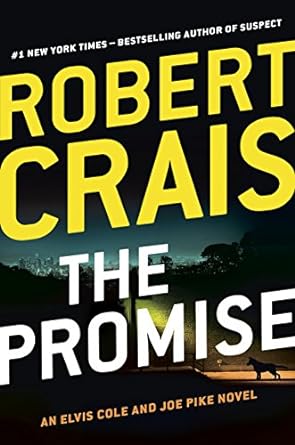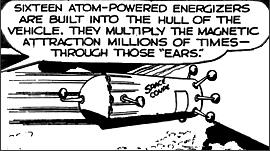President Donald J. Trump possesses no talent more useful than his ability to inspire self-immolation in his critics. All things being equal, it ought not to be too difficult for the Democrats to offer up a sober case against this administration. They could point to Trump’s capricious trade war, which represents an unpopular unforced error that has sowed uncertainty in the markets and which has undermined what was previously considered to be the president’s core political competency. They could lambast the White House’s flirtation with defying the federal judiciary, which is not merely an outrage on its own terms but has put a dent in Trump’s hitherto impressive approval ratings on the border. Or they could take aim at his equivocation on the matter of Ukraine — with particular attention paid to his grotesque refusal to state clearly that the invasion, and the war that it engendered, are squarely Vladimir Putin’s fault.
Instead, they have chosen to return to the hyperbole, self-indulgence, catastrophizing, and fan-servicing that cost them the election last year.
In New Hampshire this weekend, Governor J. B. Pritzker told a crowd of cheering fans that “Republicans cannot know a moment of peace,” before suggesting that Donald Trump is a “madman,” that he is presiding over a “shameful episode of American history,” and that, soon, all portraits of the president and his party will be placed in “museum halls reserved for tyrants and traitors.” Reporting on the address, the press invariably noted that Pritzker sounded as if he were running for president. But, in fact, this is only half true. Rather, Pritzker sounded as if he were running to be nominated for president. And, as recent history has confirmed, those two things are decidedly not the same. Without doubt, the suggestion that anyone involved with the opposition party ought to be denied even “a moment of peace” will prove popular among the peculiar partisan monomaniacs who voluntarily attend political dinners in New Hampshire three years before the next season. Among the broader public, by contrast, it may sound rather silly. If the polls are to be believed, voters do not much like Donald Trump’s eschatological side. One suspects that they won’t like Pritzker’s, either.


![[The Blogger and His Dog]](/ps/images/me_with_barney.jpg)



